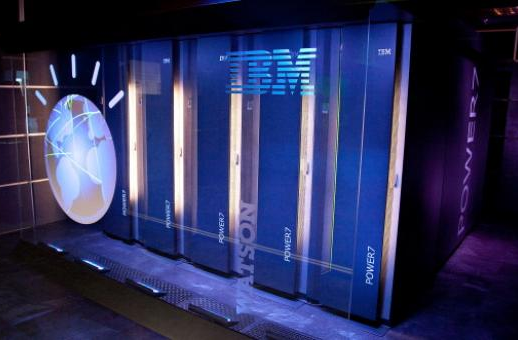Patient Summit USA
Understand the patient journey to build better adherence and engagement platforms
IBM's Supercomputer Focuses On Transforming Healthcare
If everything goes to plan the supercomputer Watson, developed two years ago by IBM, will be soon making waves in the world of medicine.

Forbes recently reported that as the result of a business alliance between IBM, Memorial Sloan-Kettering and WellPoint, their revolutionary supercomputer has now been equipped and primed for advising on the treatment of patients. The aim of the partnership is to offer Watson’s services (for purchase or rent) to healthcare providers and hospitals which can be incorporated as part of their own server or accessed via cloud services.
You may well remember Watson as the massive bedroom sized computer experiment that took on Jeopardy and succeeded. Well times have moved on and it is now far smaller with a 240 percent improved processing speed. And the healthcare industry likes the look, with the first customers lining up to use the supercomputer’s services including WestMed Practice Partners and the Maine Center for Cancer Medicine & Blood Disorders.
The idea behind Watson’s foray into the medical world is that offers high speed decision-making support for professionals, including access to new research on drug development and pharmaceutical options as well as genetic data. This has major implications for the pharma industry in terms of how healthcare professionals will be making decisions on drug choice.
The industry is, in general, overwhelmed with new data and information being presented to them on a daily basis, and this is affecting the likelihood that the right drug is being used. Watson will provide a medical professional with a range of different treatment options that have degrees of confidence, including supporting evidence that the computer used to make the decision on optimal treatment. IBM Watson’s business chief Manoj Saxena has been reported as saying that 90 percent of nurses in the field who use Watson now follow its guidance.
This is not the first time the supercomputer has been involved with the medical sector. As the result of a partnership set up in March 2012 between IBM and Memorial Sloan Kettering Watson started to analyse their patient records and publicly available clinical research. Today, IBM claim that Watson has analysed 605,000 pieces of medical evidence, 2 million pages of text and 25,000 training cases. Six “instances” of Watson have already been installed in the past year.
The questions about how Watson will impact on the pharma industry still remain. Will it offer a solution for drug researchers when they are processing and sifting through massive amounts of data? Or perhaps support bioinformatics groups at major pharma companies with more effective decision-making? These questions are now far closer to being answered, however I’ll reserve my judgement until we see some positive results.
Patient Summit USA
Understand the patient journey to build better adherence and engagement platforms
